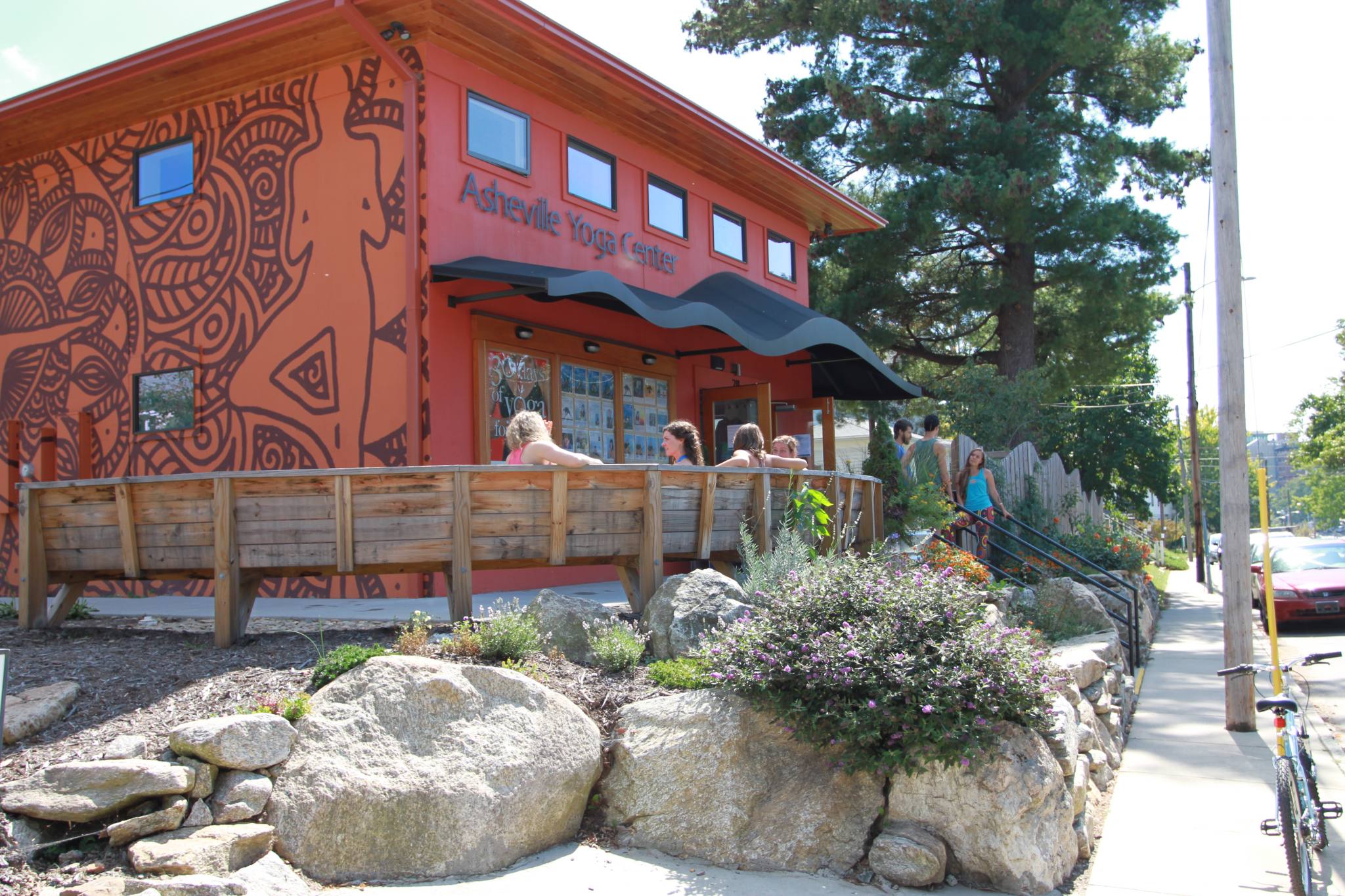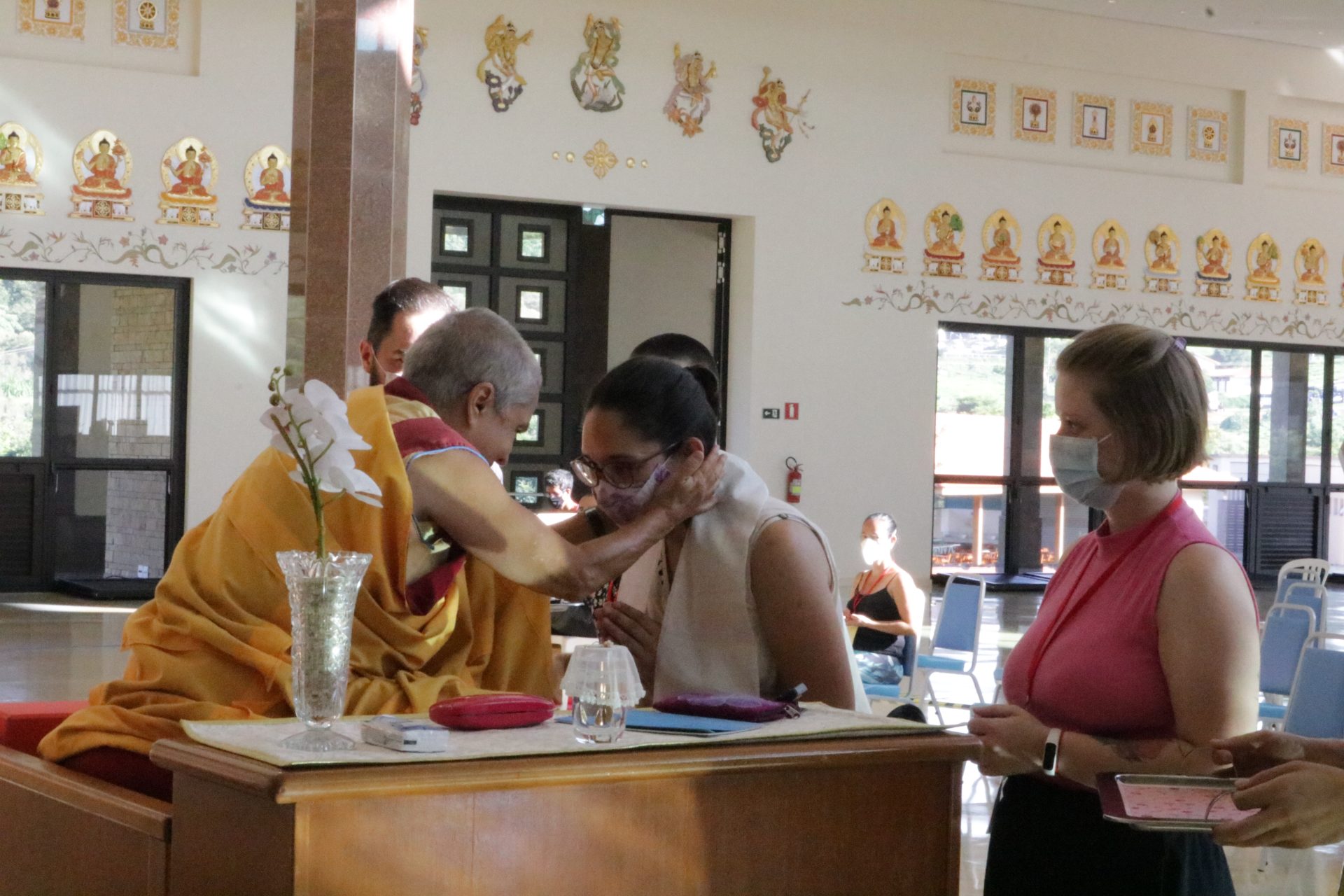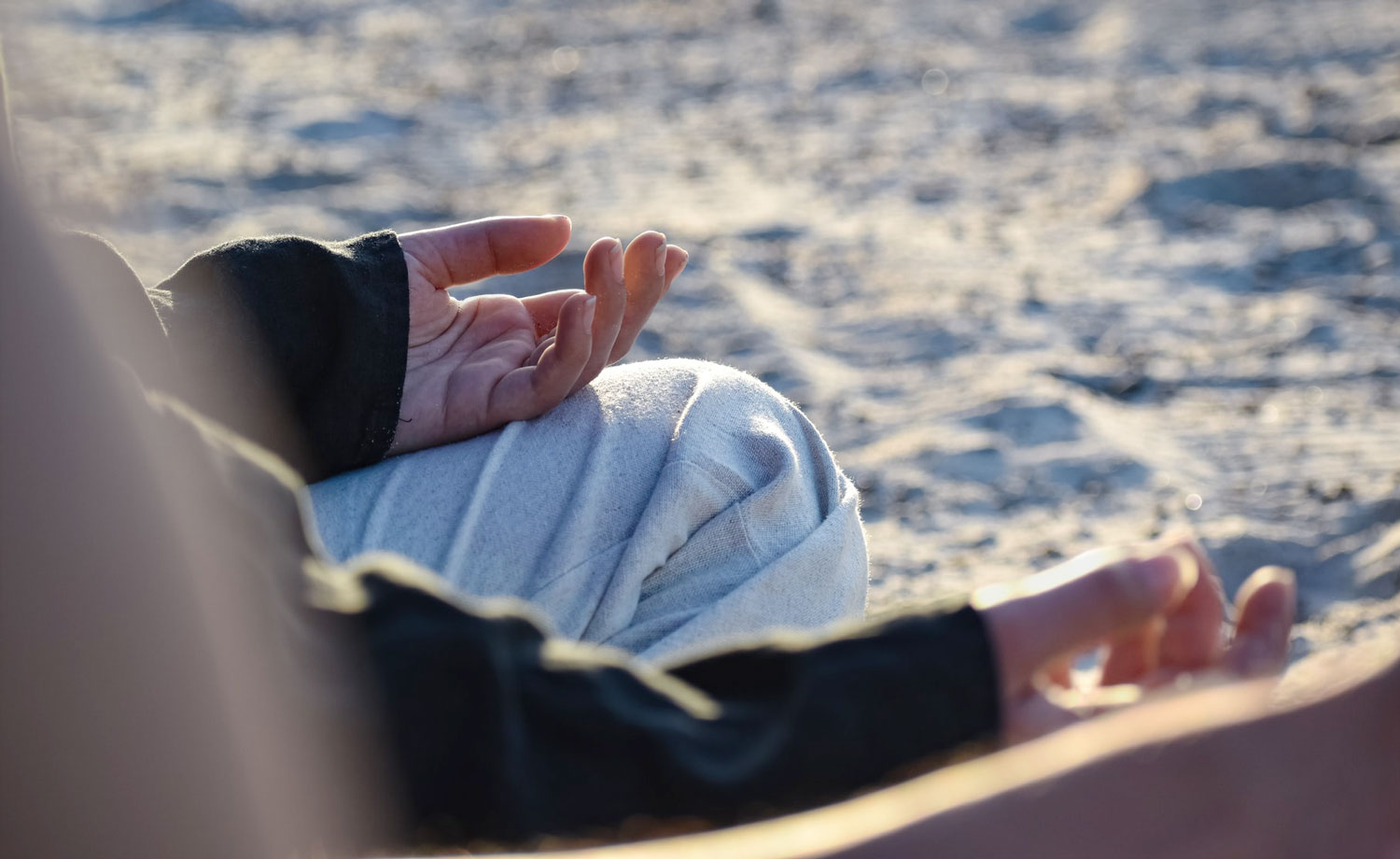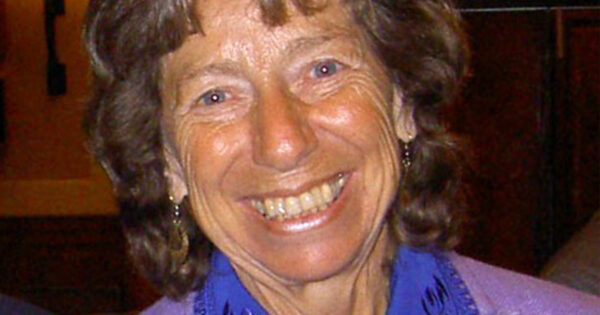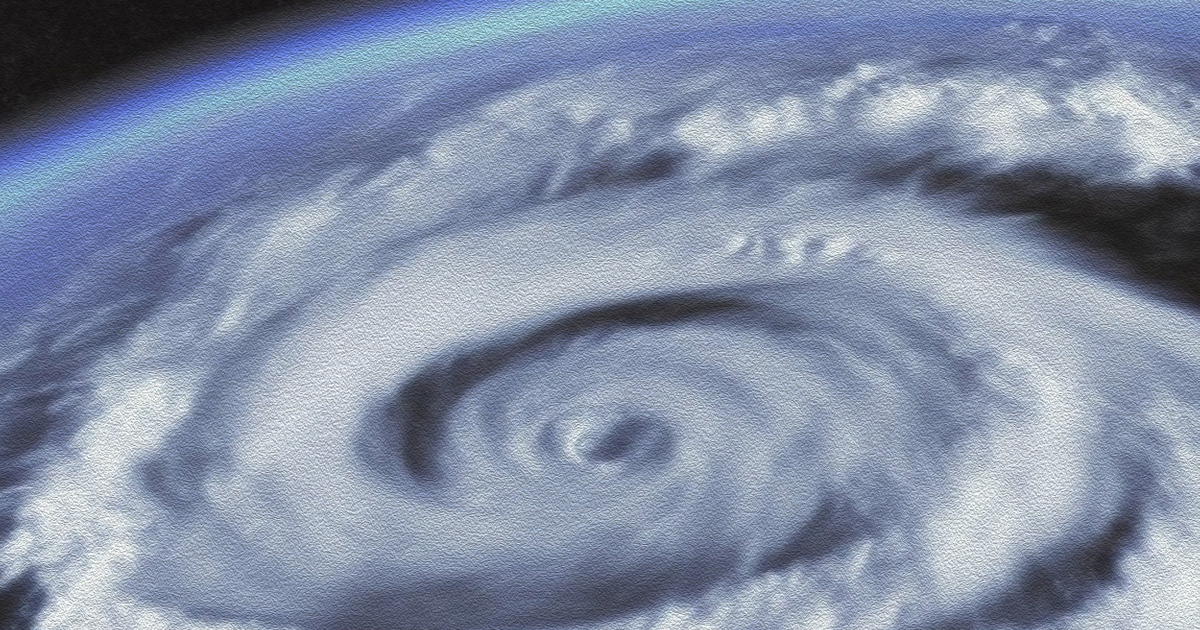The Power of Awareness: An Interview with Rock Climber Francis Sanzaro
Martine Panzica talks to author and rock climber Francis Sanzaro about his book The Zen of Climbing and the power of mindfulness in sport and our lives as a whole. The post The Power of Awareness: An Interview with...
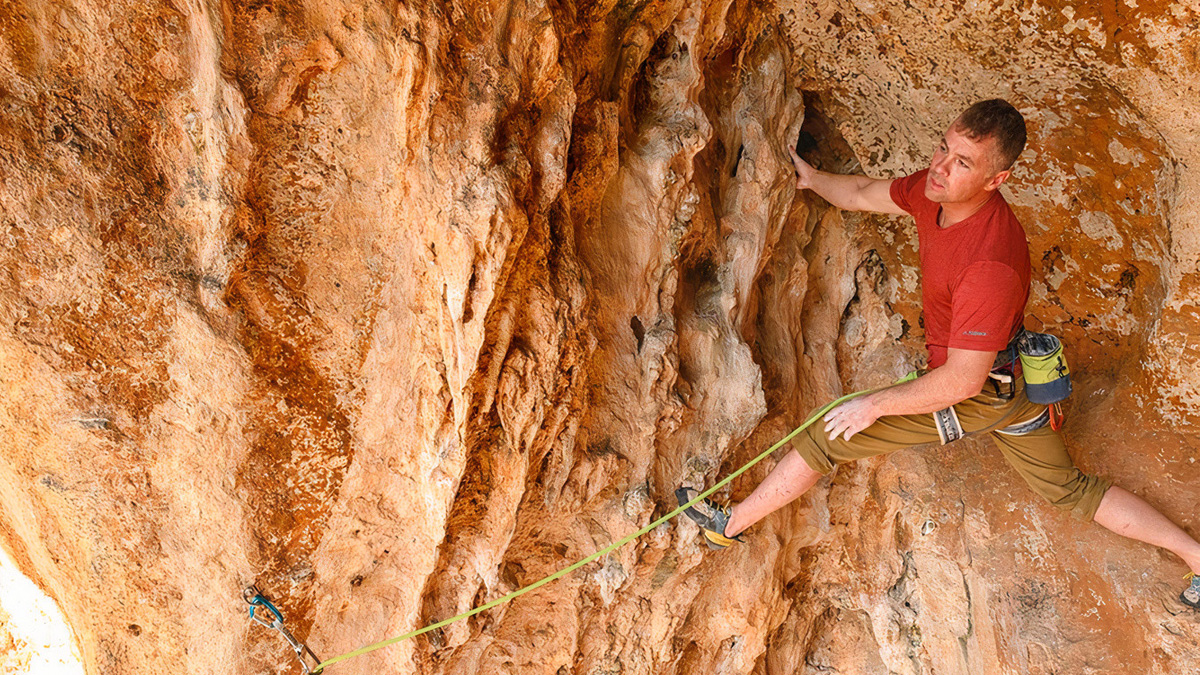
Martine Panzica: Could you share some of your own history with Buddhism and how you’ ve come to incorporate the principles of Zen into your life and your climbing?
Francis Sanzaro: I started climbing seriously when I was 13 and discovered Buddhism about two years later. The two of them have been in my life in a serious way for about 30 years now, but I didn’t always see the connections between them. It took a long time. In climbing, I paid attention to my body and to what I was doing when I’m up there — awareness is really crucial.
My earliest and most important takeaway from Buddhism was the best thing you can do is study your mind — to really just put the lens back on yourself and figure out what’ s going on. What are your desires doing to you — for better or worse? What are the cycles of unhappiness that you’ re having? That was my earliest takeaway and I just kind of took it and ran.
It just made sense to me at a fairly early age. I fell in love with the concept of buddhanature in particular. I think I enjoyed the emphasis on landscape and nature — I found my corner there. I went on to get a PhD in the philosophy of peligion largely because of that early exposure. I looked at a lot of different traditions including Catholicism and medieval theology, Buddhism, Islam, etc. I really came to enjoy reading about nature and philosophers, things like Nietzsche and Buddhism. There’s a really interesting connection there.
“The way we move our mind around needs to be as sharp and as technical as the way we exercise.”
Buddhism made me really curious as to how we’ re creating these religious belief systems and I enjoyed taking them apart, and analyzing them. I was also probably just interested in seeing if I found any other truths for myself there, because there’ s a lot of good stuff.
From a real selfish perspective, it was just such a great way to spend my time. I was like, “My God, I get to spend my twenties getting paid to read books and get out of here.” That was just so fun. I was climbing a lot. Grad school and climbing have great compatibility, so it was a really just fun thing to do. I was motivated by knowledge and understanding.
As a climber myself, I often find myself talking to people about the parallels between sport, mindfulness, and meditation. I’m curious how you decided to write The Zen of Climbing and what your process was to bring the two together?
If you think about sports psychology — and I think Zen Buddhism is very much a kind of a psychology — it’s a way of studying the mind. It’s a way of looking at yourself and the structure of your brain.
Throughout my climbing career Zen was really important to me. I started trying to delve deep into sports psychology a little bit, knowing I wanted to write a book that really takes a deep dive at what athletes deal with mentally, because to be quite frank I found the majority of literature out there really unsatisfying. It’s often written by academics. There’s nothing wrong with that, but they don’t have that “in the game” experience of what an athlete’s brain is going through and the real struggles that athletes have. Thing like attachment to outcomes — how do you really deal with that as an athlete?
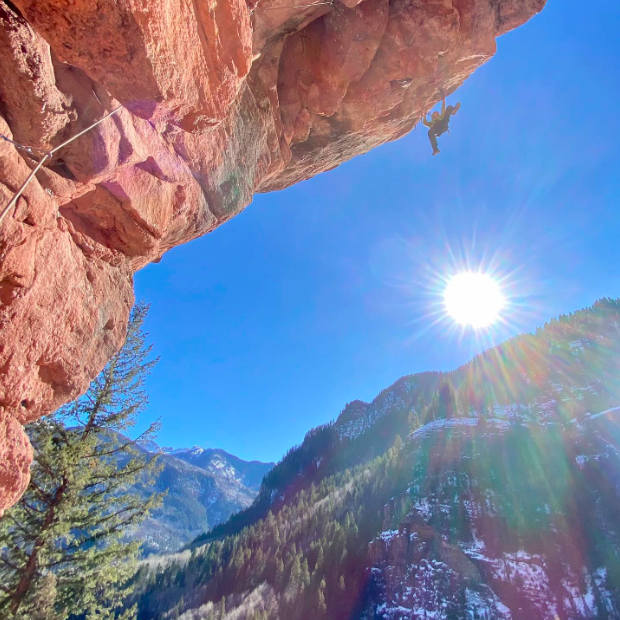 Photo courtesy of @francis_sanzaro
Photo courtesy of @francis_sanzaroI realized I wanted to bring the two together because I just didn’t find any of the ideas that I subscribe to out there in the world. I didn’t see them brought together in the way that I was thinking about them. A lot of sports are very much about awareness — climbing in particular. You have to be being fully cognizant of all the little ripples going on inside your mind when you’re in situations that have a lot of mortal danger and mortal consequence.
I realized I had a lot to write about and best way was to write about my own struggles and what I’d seen from being in the sport for a long time. I felt there was something to add in the space. I wanted to help climbers get learn some of these principles that I found to be so beneficial. It’ s much bigger than just climbing hard routes. It’s trying to figure out a way to bring ourselves up — to be more awake people in our climbing and in our life.
In The Zen of Climbing, you talk about awareness and attention extending beyond sport and into our lives. What practices or techniques do you find helpful to cultivate that attention and tend to that awareness both in climbing in life?
There’s a funny thing that I think a lot of people do unconsciously, and I would say this applies for life and athletics as well. For example, say you’re and athlete and you go to the gym. I think a lot of people go to the gym and think about what workouts they want to do. You have all these physical modalities you want to get into. But we don’t think of mental modalities as often. When you participate in a sport you have a certain mindset and most of the time you don’t even think about it — you just kind of go into the mindset that your body or the situation puts you in. That’s a big mistake, because the way we move our mind around needs to be as sharp and as technical as the way we do our exercises.
I think a strategy that’s important is asking: What does this situation require? What kind of mindset do I need to be in? What kind of modality of mind do I need to have in order to complete this task — this climb — or even a social situation?
I don’t mean that we need to be overly analytical. What I mean to say is that we need to not hold on so strongly to our minds’ natural tendency to go into one thing and not have the freedom to bounce around. In climbing, you have a lot of situations where you have to have good flow. You need to be smooth and relaxed, but then two seconds later you really need to pop into a different mode where it’s a little aggressive.
Maybe your heart rate goes up while you’ re doing traditional, or ice, or some more dangerous climbing. You need to be very subtle about your next move because you could break your leg or break your hips and have a big problem. In the span of 20 feet you can have all different kinds of modalities of mind that you need to apply right now. You want your body to do it naturally, but it’s hard to train your mind to let it do that thing naturally and we get stuck. The basic state of the mind I think is to be free, but we block our own light.
“We need to get better at performing in the face of adversity — not chasing a state of effortlessness.”
One way to start is to say “Okay, where am I at?” and “What do I think needs to happen here?” Just that basic check-in question, which is really common in the meditative traditions, is so helpful. It goes a long way to have some space where you’re not so attached to your monkey mind, as they say.
In your book, you talk about about the “flow state” as being a distraction. Getting into a flow state is talked about so much in literature on sports, meditation, art — we promote effortlessness as being the ultimate goal. I found it really interesting that framed it as not as important as we might think.
My main rub here is that it becomes an attachment when you’re always trying to optimize your experience for “flow state.”
There’s nothing wrong with having a climb, or having a moment when you’re playing with your kids, or running in the hills and it feels really good and light. There’s nothing wrong with that. The problem comes when individuals start to chase that state. It’s a rare state to experience, so chasing it is not a very efficient strategy. It’s like grace, as they say in theological traditions: “it comes when it wants.” I think flow state is like that.
“Climbing is really the art of listening.”
As an athlete, or for any type of performer, you need to get better at performing in the face of adversity — not chasing a state of effortlessness. The majority of the time your feet hurt, your skin is crappy, and you get frustrated. That is ninety-seven percent of life. We live in it. If you want to get better, if you want to have a more even, durable performance, you’ve got to learn to perform well in the face of obstacles. We’re trying to create these situations where everything just works out perfectly, but you can’t control that. You have to learn how to find the ease and the peace when things are really rough. That goes for life as well as sport, it’s finding tranquility in the midst of all that.
Climbing is growing as a sport — do you had any advice for beginners to climbing or anybody who’s interested in entering the space on how to approach it from a mindset point of view?
I’ve worked with a lot of climbers and I often find that people think you can force your will through a climb or a route. One of the things that top climbers do so well, and almost intuitively, is that they get their egos out of the way and listen to what a route or hold needs — how it needs to be positioned to your body. When you see a beginner, they’re going to try to grab the hold the way they want to, or move the way they want to, and it’s often not the way to do it. The movement is requiring something different. When you see a really good climber, they’re just kind of moving. It’s because they’re adapting. They’ve created these feedback loops in their body where they can grab a hold and immediately sense which way to angle their body. Climbing is really the art of listening.
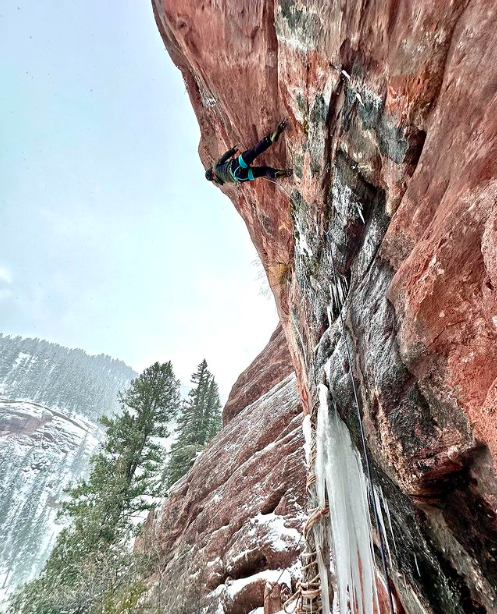 Photo courtesy of @francis_sanzaro
Photo courtesy of @francis_sanzaroIt’s good to take the time to build a nice base of studying what feels uncomfortable and going into those positions — having a lot of play with it early on is crucial. I would say doing that at the expense of just trying to climb the climbing grade ladder is really important. Of course, everyone loves to find your first V2 and V3 — and that’s okay — but you need to keep the bigger picture in mind if you want to be a better climber. You have to realize what that route is asking of you, and that takes a long time, but it’s probably the most important skill.
My second piece of advice is directly tied to meditation. When you’re getting on a rope, when you’re warming up, or trying something hard, just try to breathe through it. Try to feel the breath go in and out of your throat as you’re climbing and make that your main goal. Try to think, “I’m going get this. I’m just going to try to breathe the whole way through it.”
Your goal is not to get to the top. Focusing on the breath starts to take away all the distractions and overthinking your next move, because you’re handing the keys over to your body. You’d be astonished at the level of intelligence your body has just to do these things by itself. It doesn’t need your conscious oversight.
One last thing for beginners is to work on your fears really quickly and try to get on top of them. Figure out how to manage your fears early because if not, they can be a pretty toxic weed that can just grow in the garden. Fear can limit you and cause a lot of frustration — a lot of panic as you get better. Not a lot of sports have an innate fear to them like climbing does. That’s an interesting thing in our sport that no other sports have: the fear of falling. It’s one of the top fears that people have, and it’s no wonder climbing is so cathartic and incites such mindfulness. It brings out one of our most basic fears.

Francis Sanzaro PhD is a climber, academic, speaker, and the author of books on philosophy, climbing, athletic theory and comparative religion. His essays, poetry and fiction have appeared in The New York Times, Outside, Huffington Post, Climbing, Adventure Journal, The Baltimore Post Examiner, Continental Philosophy Review, and Vol. 1 Brooklyn, Rock and Ice, among a dozen others. His books include the bestseller Zen of Climbing, The Boulder: A Philosophy for Bouldering; and Society Elsewhere: Why the Gravest Threat to Humanity Will Come From Within. He appeared at TEDx Ascend in Colorado speaking on approaches to risk and our relationship with the natural world. He is currently writing Zen of the Wild: A Philosophy for Nature.

Martine Panzica is a Digital Editorial Assistant at Lion’s Roar. She is passionate about the power of storytelling in media, and sustainable development. To learn more about her, visit martinepanzica.com.

 Aliver
Aliver 









